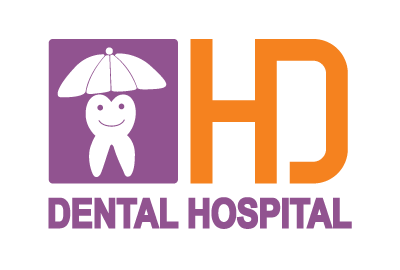We may not appreciate just how imperative it is to maintain a healthy mouth, teeth and gums. Oral well being affects us both physically and psychologically, influencing our appearance, speech, and ability to chew and taste food. Missing teeth and gum disease may lead to a loss of our smiles and cause offensive breath, impacting our self confidence and esteem. Additionally, oral health can have a significant effect on the overall health of our bodies. It is important to understand the connection between oral and overall health.
Our mouths carry bacteria which rapidly grow without routine and proper care. The levels of oral bacteria are maintained and held in check through regular brushing and flossing of our teeth along with recurrently scheduled check-ups and cleanings from your dentist.

Periodontitis
If we fail or neglect our oral cleaning routines or dental check-ups, we could put our oral health at risk. The bacteria in our mouth can get out of balance and cause infections such as tooth decay and gum disease, otherwise known as periodontitis. How can mouth infections impact the quality of our overall physical condition?
Periodontal dental procedures and medications for oral infections can upset the balance of saliva and your oral bacteria which can allow foreign bacterium to enter your bloodstream. You oral health can affect your body in many ways.
Connections between oral health and overall health
Medical research has shown the link that exists between oral and overall health and how one can impact the other; below are some conditions that are affected by this connection.
Alzheimer’s
Diabetes
Endocarditis
Heart Disease
HIV/AIDS
Osteoporosis
Alzheimer’s Disease
Studies have discovered that inflammation in the mouth is one of the factors attributable to developing Alzheimer’s disease.Alzheimer’s is a debilitating brain disease and researchers have discovered that periodontitis can increase the risk of formingAlzheimer’s.
Diabetes
Periodontitis can lead to diabetes, with research showing that periodontitis can have an adverse affect on our metabolism. Periodontitis can influence your body’s production of insulin which can affect the development of diabetes.
Heart Disease
Poor oral healthiness can attribute to heart disease, heart attacks, strokes and respiratory disease. Once bacteria enter your blood stream, they can form plaque deposits on your blood vessel walls which can reduce blood flow, create blockages and lead to heart attacks or strokes.
Endocarditis
Endocarditis occurs when bacteria in your bloodstream attaches to a damaged portion of the inner lining of the heart or abnormal heart valves. Endocarditis forms masses called vegetations where there is infection on a heart valve, implant or other heart component.
HIV/AIDS
A reverse health concern forms as HIV/AIDS weakens your overall health, which can also affect your oral health. For some, poor oral fitness was an early indicator of HIV infection as HIV weakens the body’s immune system. However, good oral health is important for anyone afflicted with HIV or AIDS as you need to be able to consume healthy foods to minimize the loss of strength and overall health.
Osteoporosis
The early onset of osteoporosis can commonly become evident in your teeth. Your dentists can identify the signs of osteoporosis in routine dental X-rays. Identifying the disease early through proper dental care can improve your prognosis.
What steps can you take to protect your oral health?
It is so important to take care of our teeth, gums and oral health as now you can see how lack of oral maintenance can not only lead to tooth loss and gum disease but it can seriously impact our overall health and quality of life. Routine brushing and flossing after each meal is imperative to maintaining good oral health, along with regular cleanings and dental exams. If you have periodontitis, it is critical for you to continue regular exams with your dentist to treat and cure your gum disease, before it develops into a more serious illness.
Watch out for sore, inflamed and bleeding gums or a dry mouth, as they can also be indicators of another illness such as HIV/AIDS, or could lead to diabetes and heart disease. Good oral health will improve your overall well-being and enable you to identify warning symptoms before conditions worsen. Replace your toothbrush at least three times annually, eat healthy foods, brush and floss your teeth regularly and schedule routine appointments with your dentist. If necessary, call your dentist today to schedule your next cleaning and examination.
The opinions expressed in this article are not those of a board certified physician. If you have questions or concerns pertaining to your oral or overall health, seek the advice of your Dentist or family practitioner.

